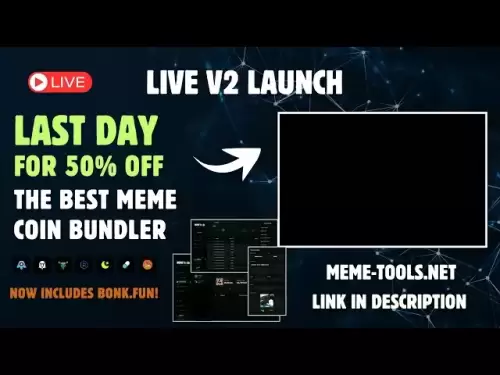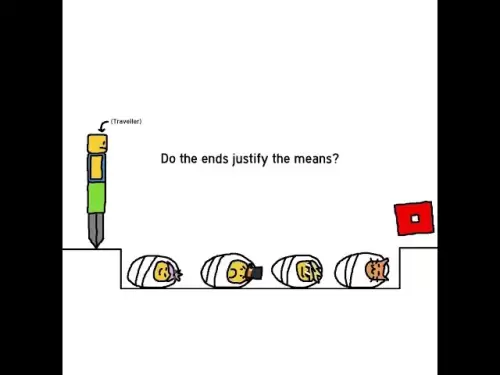-
 Bitcoin
Bitcoin $120400
1.77% -
 Ethereum
Ethereum $3615
7.90% -
 XRP
XRP $3.580
17.84% -
 Tether USDt
Tether USDt $1.001
0.06% -
 BNB
BNB $729.4
1.25% -
 Solana
Solana $179.9
5.04% -
 USDC
USDC $0.0000
0.01% -
 Dogecoin
Dogecoin $0.2311
8.22% -
 TRON
TRON $0.3226
4.04% -
 Cardano
Cardano $0.8490
12.85% -
 Hyperliquid
Hyperliquid $46.45
0.72% -
 Stellar
Stellar $0.4913
8.54% -
 Sui
Sui $4.027
2.00% -
 Chainlink
Chainlink $18.51
11.67% -
 Hedera
Hedera $0.2818
21.51% -
 Avalanche
Avalanche $24.03
7.40% -
 Bitcoin Cash
Bitcoin Cash $508.5
2.90% -
 Shiba Inu
Shiba Inu $0.00001496
3.24% -
 UNUS SED LEO
UNUS SED LEO $8.961
1.83% -
 Toncoin
Toncoin $3.264
3.13% -
 Litecoin
Litecoin $104.6
8.15% -
 Polkadot
Polkadot $4.389
6.11% -
 Uniswap
Uniswap $9.924
10.63% -
 Monero
Monero $337.9
0.49% -
 Pepe
Pepe $0.00001376
2.79% -
 Bitget Token
Bitget Token $4.830
2.46% -
 Ethena USDe
Ethena USDe $1.001
0.05% -
 Dai
Dai $1.000
0.02% -
 Aave
Aave $325.2
1.66% -
 Bittensor
Bittensor $423.7
-0.85%
Are NFTs a bubble that will pop?
NFTs, unique blockchain assets, have sparked debate over their long-term value amid speculation and market volatility.
Jul 10, 2025 at 01:21 pm
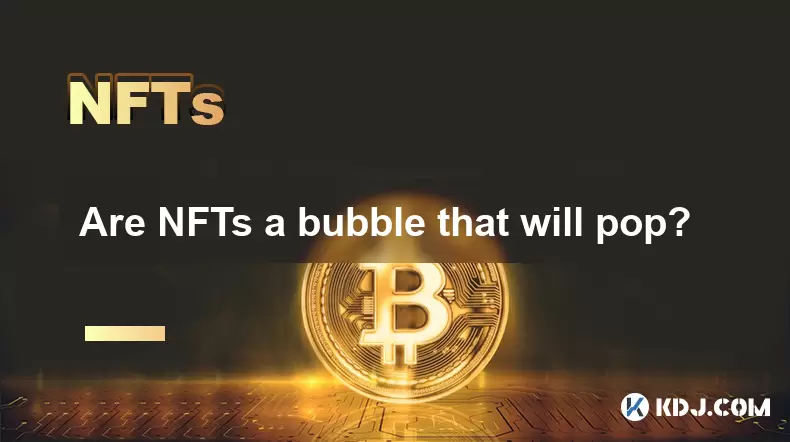
Understanding the NFT Landscape
Non-Fungible Tokens (NFTs) have emerged as a groundbreaking innovation within the blockchain ecosystem, enabling digital ownership and provenance verification. NFTs represent unique assets on the blockchain, ranging from digital art to virtual real estate and collectibles. Unlike cryptocurrencies such as Bitcoin or Ethereum, which are fungible and interchangeable, each NFT has distinct properties that make it non-interchangeable.
The rapid rise of NFTs in 2021 captured global attention, with high-profile sales making headlines. For instance, the digital artwork "Everydays: The First 5000 Days" by Beeple sold for $69 million at Christie’s auction house. This surge in interest led many to question whether the NFT market was experiencing a speculative bubble akin to the dot-com boom or the housing crisis.
What Defines a Financial Bubble?
A financial bubble typically occurs when asset prices soar far above their intrinsic value due to excessive speculation. Key indicators of a bubble include skyrocketing prices, widespread media attention, and increased participation by retail investors. Historical examples include the Dutch tulip mania in the 17th century and the more recent cryptocurrency price surge in late 2017.
In the context of NFTs, critics argue that the market exhibits classic bubble characteristics. High trading volumes, celebrity endorsements, and sudden wealth generation have fueled a sense of urgency among investors. However, proponents highlight the underlying technology and use cases that could sustain long-term value beyond mere speculation.
Factors Contributing to NFT Market Volatility
The NFT market is inherently volatile, influenced by several interrelated factors:
- Market Sentiment: Public perception plays a significant role in determining NFT prices. Positive news can drive demand, while negative reports may trigger sell-offs.
- Technological Advancements: Improvements in blockchain infrastructure, scalability solutions, and interoperability between platforms can enhance utility and attract new users.
- Regulatory Uncertainty: Governments worldwide are still grappling with how to regulate NFTs. Unclear legal frameworks contribute to investor hesitation and market instability.
- Speculative Trading: Many participants treat NFTs like tradable assets rather than long-term investments. This behavior amplifies price swings and increases risk exposure.
These elements collectively shape the dynamics of the NFT ecosystem, contributing to both its resilience and fragility.
Evaluating Long-Term Viability of NFTs
To assess whether NFTs will endure or collapse under their own hype, one must consider their potential applications beyond speculative trading. Digital ownership through NFTs has implications across multiple industries, including gaming, entertainment, fashion, and intellectual property rights management.
For example, video game developers are increasingly integrating NFTs to allow players true ownership of in-game items. Similarly, musicians and visual artists are leveraging NFTs to monetize their work directly without intermediaries. Such practical implementations suggest that NFTs might hold intrinsic value beyond short-term speculation.
However, adoption faces challenges related to user experience, environmental concerns surrounding energy-intensive blockchains, and scalability issues. Addressing these hurdles is crucial for ensuring sustainable growth within the sector.
Comparisons with Past Bubbles and Lessons Learned
Drawing parallels between NFTs and previous financial bubbles offers valuable insights into current trends. The dot-com bubble demonstrated how transformative technologies could survive even if individual companies failed during the crash. Likewise, after the initial crypto frenzy subsided in 2018, foundational projects continued developing robust ecosystems leading up to today's mature landscape.
If the NFT market experiences a correction similar to past bubbles, it doesn't necessarily mean the end of NFTs altogether. Instead, it could lead to consolidation, improved standards, and more responsible investment practices. Surviving entities would likely focus on delivering tangible benefits rather than chasing quick profits.
Moreover, learning from earlier mistakes helps avoid repeating them. Transparency regarding tokenomics, clearer regulatory guidelines, and education around responsible investing can mitigate risks associated with speculative excesses.
Frequently Asked Questions
Q: Can NFTs be considered a form of digital copyright?
A: While NFTs provide proof of ownership recorded on the blockchain, they do not automatically confer copyright or intellectual property rights unless explicitly stated in smart contracts or accompanying agreements.
Q: How do I verify the authenticity of an NFT before purchasing?
A: Authenticity checks involve examining the creator's profile on trusted marketplaces, reviewing transaction history stored immutably on-chain, and cross-referencing any available metadata linked to the file hosted via decentralized storage systems like IPFS.
Q: Are there environmentally friendly alternatives to minting NFTs?
A: Yes, several eco-conscious options exist today. Platforms utilizing proof-of-stake consensus mechanisms or layer-two scaling solutions significantly reduce carbon footprints compared to traditional proof-of-work chains like Ethereum pre-upgrades.
Q: What happens if the platform hosting my NFT shuts down?
A: Ideally, your NFT remains accessible through wallet addresses connected to compatible blockchains regardless of marketplace status. However, off-chain data dependencies (like images stored centrally) pose risks; therefore, opting for fully decentralized storage ensures longevity.
Disclaimer:info@kdj.com
The information provided is not trading advice. kdj.com does not assume any responsibility for any investments made based on the information provided in this article. Cryptocurrencies are highly volatile and it is highly recommended that you invest with caution after thorough research!
If you believe that the content used on this website infringes your copyright, please contact us immediately (info@kdj.com) and we will delete it promptly.
- Bitcoin, MSTR & Saylor's Strategy: A Winning Trifecta?
- 2025-07-18 08:30:13
- Bitcoin Mortgages Down Under: A New Wave in Australian Homeownership?
- 2025-07-18 08:50:12
- Cryptocurrencies, Bitcoin, and the Next Wave: What's Coming?
- 2025-07-18 08:50:12
- Maharashtra Government Nurses Launch Indefinite Strike: A Healthcare Crisis?
- 2025-07-18 04:30:13
- Hilbert Group, Syntetika, and Tokenization: Bridging DeFi and Institutional Finance
- 2025-07-18 05:30:12
- Crypto Regulation in the US House: Decoding the CLARITY Act and What It Means for You
- 2025-07-18 04:30:13
Related knowledge
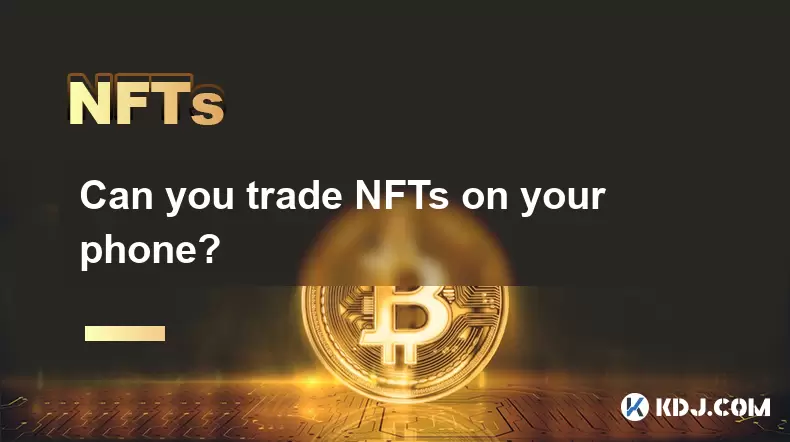
Can you trade NFTs on your phone?
Jul 18,2025 at 04:29am
Trading NFTs on Mobile DevicesYes, you can trade NFTs on your phone, and the process has become increasingly streamlined thanks to a variety of mobile...
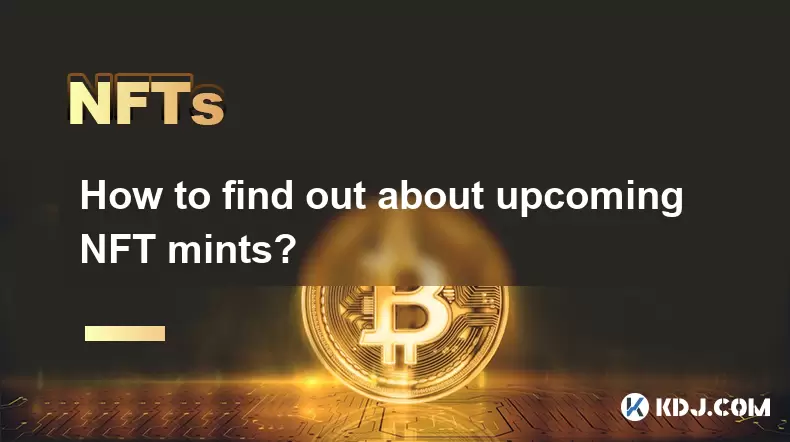
How to find out about upcoming NFT mints?
Jul 18,2025 at 11:50am
Exploring NFT Minting OpportunitiesUnderstanding the landscape of upcoming NFT mints is crucial for collectors, investors, and creators who wish to st...
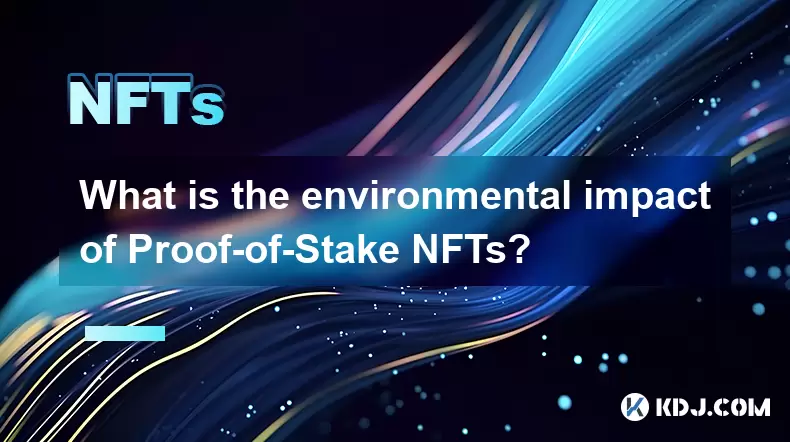
What is the environmental impact of Proof-of-Stake NFTs?
Jul 17,2025 at 07:14pm
Understanding the Basics of Proof-of-Stake NFTsProof-of-Stake (PoS) is a consensus mechanism used by blockchain networks to validate transactions and ...
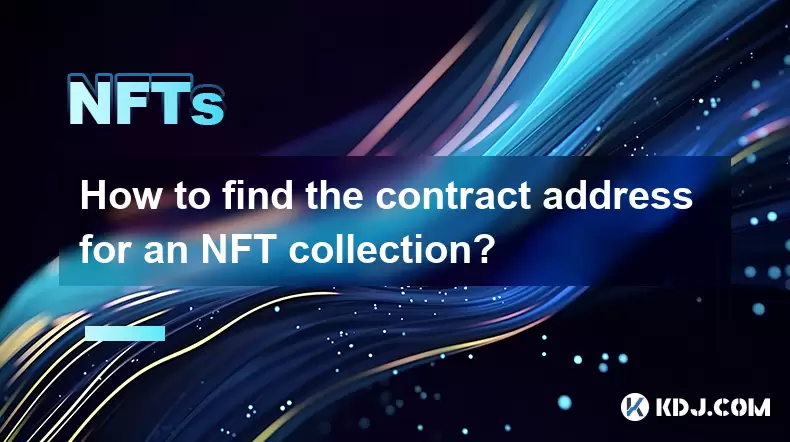
How to find the contract address for an NFT collection?
Jul 18,2025 at 11:56am
Understanding What a Contract Address IsIn the world of non-fungible tokens (NFTs), a contract address is a unique identifier assigned to a smart cont...
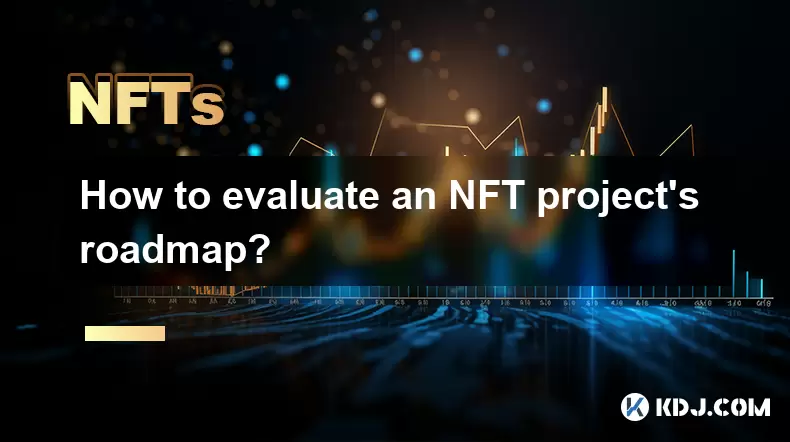
How to evaluate an NFT project's roadmap?
Jul 18,2025 at 01:21am
Understanding the Basics of an NFT Project RoadmapAn NFT project's roadmap is a strategic document that outlines the short-term and long-term goals of...
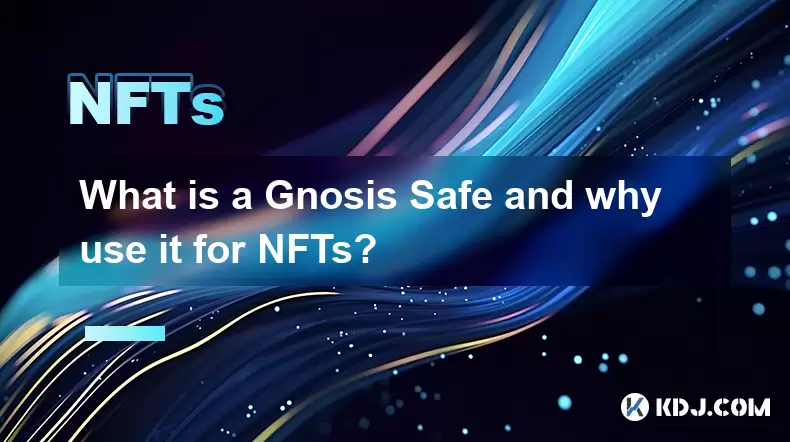
What is a Gnosis Safe and why use it for NFTs?
Jul 18,2025 at 05:57am
Understanding the Gnosis SafeA Gnosis Safe is a multi-signature wallet developed by the Gnosis team, which allows users to manage digital assets with ...

Can you trade NFTs on your phone?
Jul 18,2025 at 04:29am
Trading NFTs on Mobile DevicesYes, you can trade NFTs on your phone, and the process has become increasingly streamlined thanks to a variety of mobile...

How to find out about upcoming NFT mints?
Jul 18,2025 at 11:50am
Exploring NFT Minting OpportunitiesUnderstanding the landscape of upcoming NFT mints is crucial for collectors, investors, and creators who wish to st...

What is the environmental impact of Proof-of-Stake NFTs?
Jul 17,2025 at 07:14pm
Understanding the Basics of Proof-of-Stake NFTsProof-of-Stake (PoS) is a consensus mechanism used by blockchain networks to validate transactions and ...

How to find the contract address for an NFT collection?
Jul 18,2025 at 11:56am
Understanding What a Contract Address IsIn the world of non-fungible tokens (NFTs), a contract address is a unique identifier assigned to a smart cont...

How to evaluate an NFT project's roadmap?
Jul 18,2025 at 01:21am
Understanding the Basics of an NFT Project RoadmapAn NFT project's roadmap is a strategic document that outlines the short-term and long-term goals of...

What is a Gnosis Safe and why use it for NFTs?
Jul 18,2025 at 05:57am
Understanding the Gnosis SafeA Gnosis Safe is a multi-signature wallet developed by the Gnosis team, which allows users to manage digital assets with ...
See all articles























